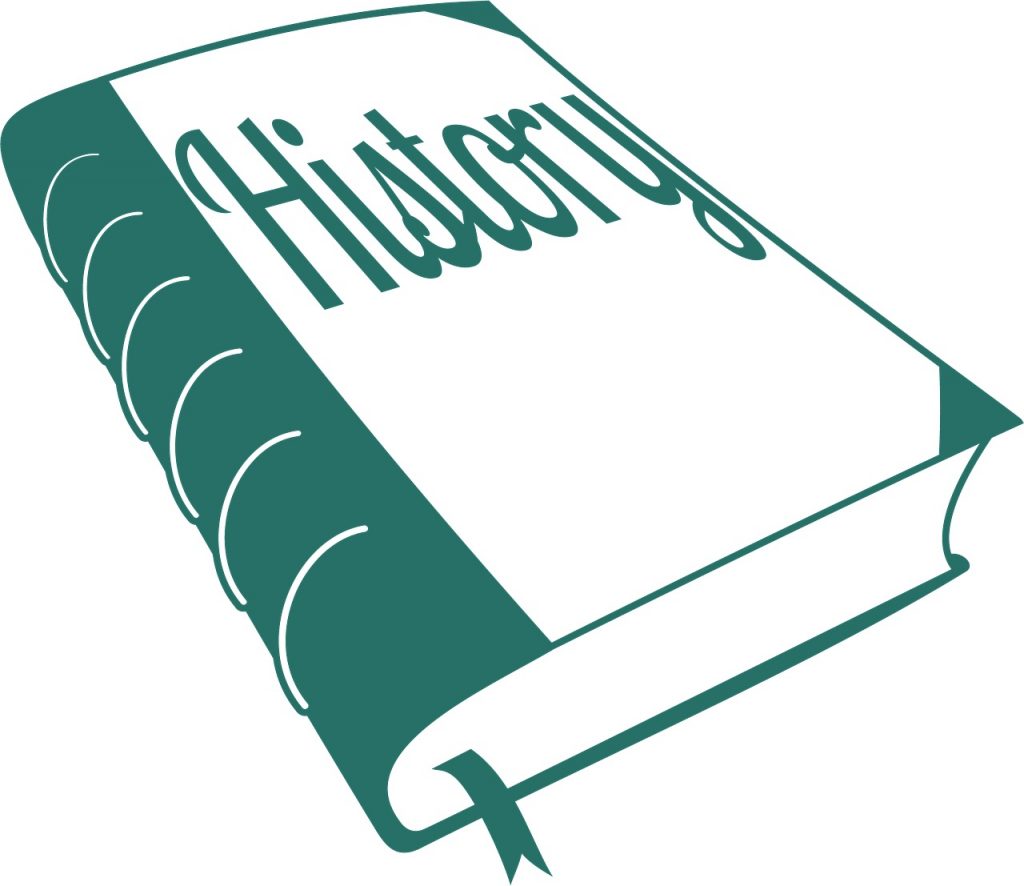Who here fondly remembers their American history textbooks? Who remembers the tales and stories that each chapter presented? Who remembers being filled with nationalistic pride as they read the chapter assigned for each weekend? Not I! I barely remember any of the content of my American history textbook save for the basic format of each chapter. At the beginning of each chapter there is a story about an individual who has participated in some significant event. Then as we move on through the chapter we learn about stuff that helped influence or were affected by that single significant event. We go off on a tangent for about one or two pages; however, that content isn’t relevant so it’s fine to just skip those pages. We see a bunch of orange boxes of information that also get glossed over. Finally, we end the chapter with a concluding section about everything discussed. That’s about how every chapter in every American history textbook goes. The same cookie cutter content, format and prose that has been pasted into each and every iteration and edition of the American history textbook that’s ever been published. The American history textbook is just a boring four pound block of text, yet that doesn’t mean American history is boring.
Oftentimes we find ourselves being fascinated and delighted by American history. Historical books such as “In the Garden of Beasts”, “Lincoln” and “A People’s History of the United States” have become bestsellers. Movies connected to American history such as “Gone with the Wind”, “JFK” and “Dances with Wolves” have fascinated us. We’ve even recently had a broadway show about Alexander Hamilton named “Hamilton” that has been widely well received. There has always been an underlying interest in America’s past, an interest that even pervades the classes of high schoolers. Nevertheless whenever the American history textbook is read, eyes begin to gloss over. Minds begin to wander off towards other subjects. Chapter readings are either put off or forgotten. Questions are barely asked, and sleepiness begins to take over. Students begin to question whether the class even matters at all. Compared to how spellbound we become towards museums, documentaries, historical books, movies and musicals about American history, this bored reaction towards American history textbooks should not happen. So what is the problem with American history textbooks?
The answer to this is simple. The American history textbook is poorly made and poorly written. The American history textbook presents American history in a sterilized manner that reads like a falsely enthusiastic lecturer. Any actual conflict or drama that occurred within American history has been sterilized or removed from the textbook. Every problem gets solved with a neat bow tied at the end. Who cares about the Civil War if we all know everything ends well for the Union? Who cares about the Red Scare if we know that the Cold War will end sooner or later? What is the point of learning about history if we know that every problem that came up had already been solved further down the line? The American history textbook’s style of telling history is incredibly predictable and as a result is incredibly boring and melodramatic. It’s more like a simple morality play instead of a book about the past. Instead of asking hard-hitting questions about conflicts and problems that still remain today, the American history textbook simply just tells us about how great America is. Instead of talking about the prevalence of racism and how it continues to be a problem, textbooks instead settle for talking about how slavery ended with the Civil War.
The American history textbook needs to be improved. History is poorly told through American textbooks. There is no connection between the past and the present. Any of the actual conflict or problems that pervade throughout history is often ignored by the textbook. Everything taught by the textbook is sterile and uninteresting. The cookie-cutter content, format and prose of American history textbooks is flawed and that needs to change.





